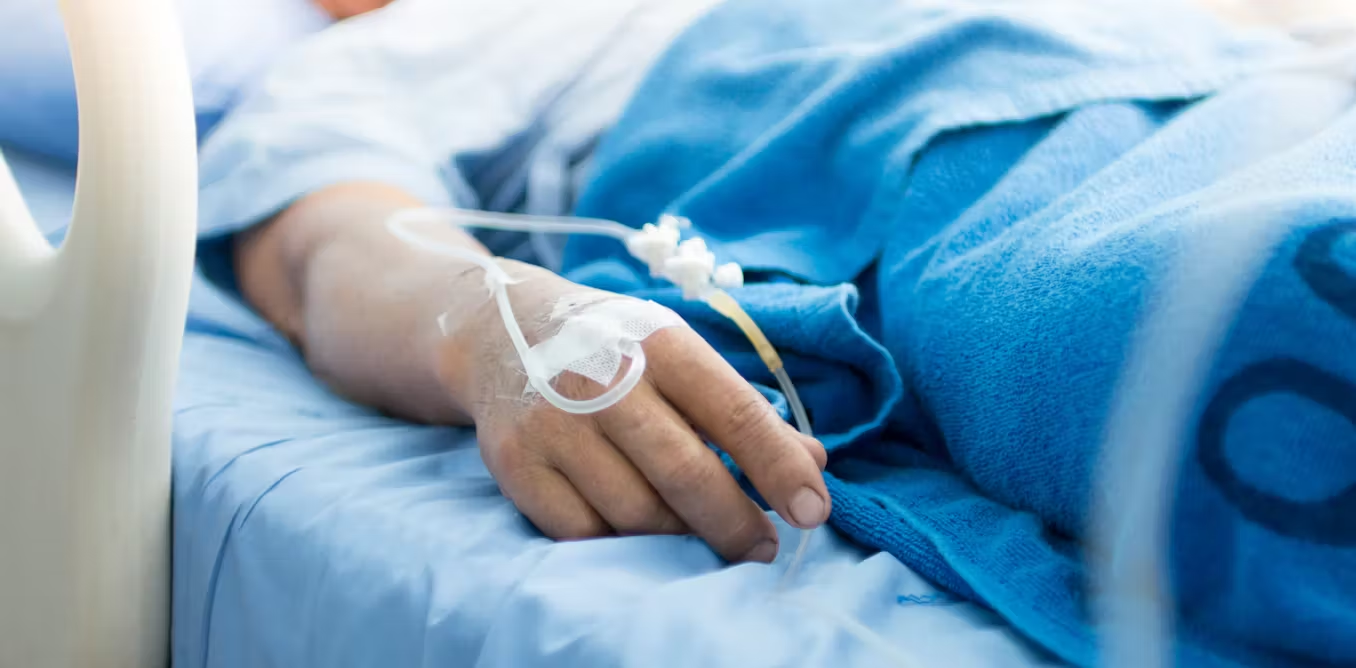HiPP is one of the leading organic baby formula brands in Europe; they’ve been crafting breast milk-like formulas based on cutting-edge scientific studies for decades. After earning international success and the trust of millions of parents worldwide, HiPP now has a variety of formula ranges, including HiPP UK, Dutch, and German, with cow and goat milk options available, all packed full of nutrients little ones need to thrive.
If you’d like to learn more about HiPP organic baby formula and how it can benefit your infant, keep reading!
HiPP Baby Formula: Organic Nutrition You Can Trust
HiPP proudly boasts a 125-year history of making infant nutrition products—65 of which have been dedicated to organic farming focused on supporting babies’ health and what’s best for the planet.
Additionally, the findings from HiPP’s Breast Milk Research Group have directly contributed to the creation of the brand’s gentle, nourishing formulas for delicate babies. By using research to refine their formulations, HiPP continuously improves and advances the recipes of their formula milks.
In fact, HiPP Bio Combiotik formulas, which are a best-seller, have been developed using research insights to replicate the composition of breast milk more closely. The trailblazing combination of prebiotics from lactose and probiotics originally sourced from human milk in HiPP Bio Combiotik ensures that babies’ digestive, gut, and immune health are all supported!
HiPP’s Organic Certification and Sustainability Standards
Clean ingredients are fundamental to the brand’s ethos and are precisely what each HiPP organic formula is based on. EU organic certification requires that products comply with stringent guidelines focused on purity, sustainability, and animal welfare.
Moreover, HiPP’s insistence on doing the best for babies led them to develop the HiPP organic seal, which goes well beyond the already strict EU organic standards. HiPP proudly volunteers to test products for lower contaminant levels than legally required!
In fact, HiPP Dutch Stage 1 Bio Combiotik was actually ranked a ‘‘Top Choice’’ for baby formula by Consumer Reports, thanks to independent testing which confirmed the milk had very low/undetectable levels for several common contaminants! This puts a spotlight on HiPP’s commitment to safety and creating clean formulas.
Beyond that, HiPP is also passionate about improving environmental sustainability. Thus, they collaborate with universities and scientists in an effort to develop low-impact farming practices as well as ways to improve the recyclability of their packaging. These efforts have paid off as recent studies indicate that HiPP farms help protect biodiversity and support pollinators.
What HiPP Avoids: No Unnecessary Additives, Just Pure Ingredients
Just as important as what HiPP organic formula includes in their recipes is what they leave out. HiPP has made a focused effort to keep unnecessary additives and substandard or contentious ingredients out of their products. This is because HiPP formulas are fashioned to replicate the beneficial, gentle, and nutritious aspects of breast milk as closely as possible.
When reading the ingredient list, you’ll notice a lengthy number of ingredients intentionally left out; you will not find soy, carrageenan, corn syrup, GMOs, artificial colours, sweeteners, aromas, or flavour in HiPP baby formula.
HiPP’s Stage-by-Stage Nutrition for Growing Babies
Breast milk is a dynamic fluid that naturally changes composition to adapt to the needs of growing babies. That’s why HiPP formulas are designed to reflect the miracle of breast milk, which supports your baby from their very first days of life until well into toddlerhood. HiPP’s baby formula lines offer staged nutrition that mimics breast milk through each step of the feeding journey.
Let’s look at the three broad categories of European baby formulas:
- Infant Formula – HiPP PRE and HiPP Stage 1 formulas can be used from babies’ first days and are tailored to be as close to breast milk as possible. They complement or replace breastfeeding, which means it can be your baby’s sole source of nourishment up to 6 months old. With the exception of HiPP German Stage 1, each of these infant formulas is 100% lactose-based and does not contain any complementary carbohydrates, which allows babies to feed on demand, just like breast milk!
- Follow-on Formula – This stage is for babies who have begun weaning, and is meant to be fed alongside solid foods, unlike infant formulas. Typically, HiPP Stage 2 formulas can be fed from 6+ months, or HiPP Stage 3 formulas can be fed from 10+ months. At this point, certain ingredients and nutrients are readjusted to align with a mixed diet. For instance, they have higher levels of iron, calcium, and vitamins C and D.
- Toddler Formula – Toddler formula, while not necessary, can help with the transition to plain whole milk and aid in making milk more palatable. Plus, nutritional gaps may be filled with a toddler formula to ensure optimal nutrition as solid foods become the main source of your little one’s diet. In most cases, toddler formulas are for ages 12+ and 24+ months and are often referred to as HiPP Stage 3, HiPP Stage 4, or Kindermilch 1+ or 2+.
Where to Buy HiPP Formula
Organic’s Best shop is the number one site for finding the best European formula, like HiPP, at affordable prices and with fast, insured shipping. They offer a vast collection of HiPP products, including their popular HiPP Dutch formula and HiPP German formula lines. They even have convenient ready-to-feed options, which are great for parents on the go!
Visit Organic’s Best today and enjoy perks like bulk pricing discounts, expert customer care from medical doctors, insured, express delivery in 2-5 business days, and easy-to-follow English preparation instructions. We hope to see you at the Organic’s Best website today!

































